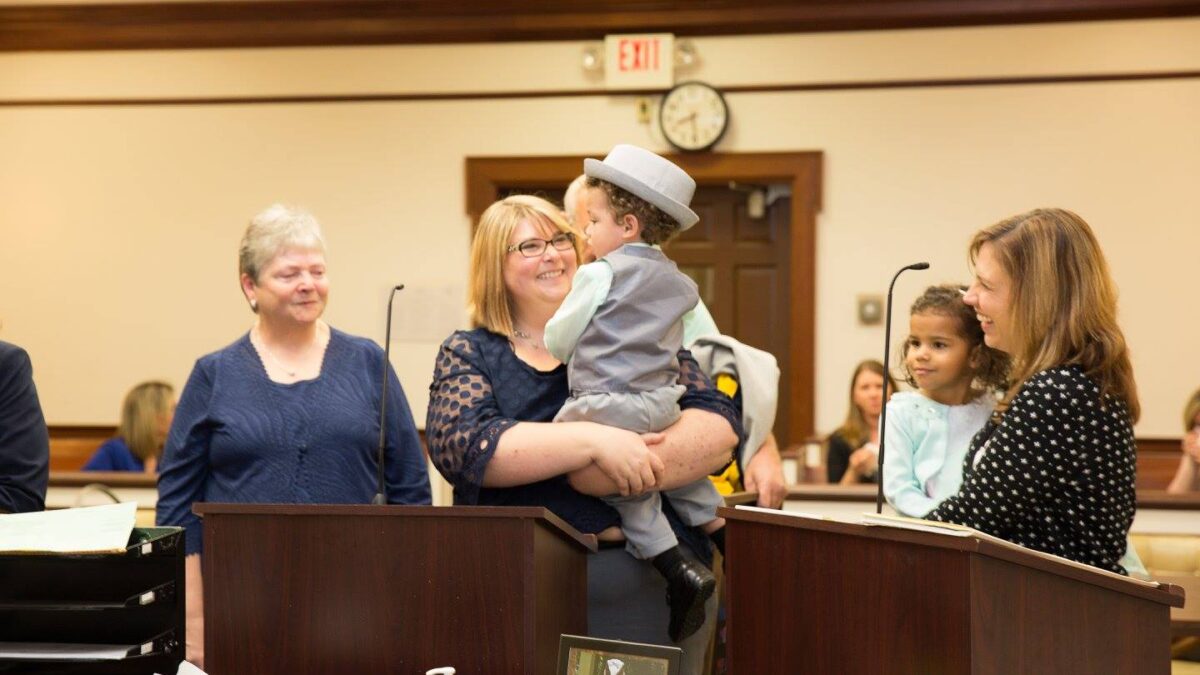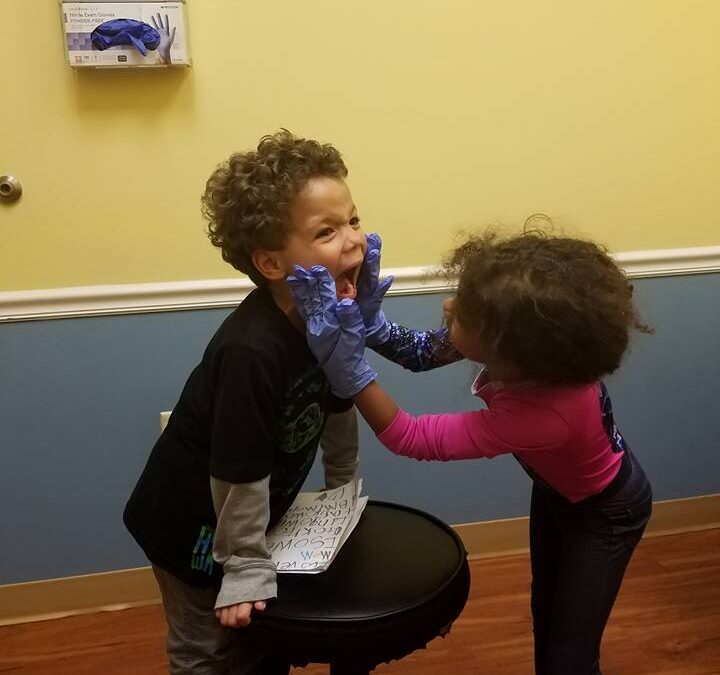Every day, there are countless children around the world who go without basic necessities like food, shelter, and education. If you are looking for a career path that will impact the lives of these children, there are several options available to consider. Let’s explore some of the best careers that you can pursue to make a difference in the lives of children.
1) Social Worker
Social work is one of the most rewarding and fulfilling careers when it comes to making a difference in the lives of children. As a social worker, you will be responsible for providing support and assistance to those in need. This could include helping families find housing, connecting them with necessary resources such as food banks or counseling services, and advocating for their rights and needs in court or other legal settings. You may also be tasked with investigating cases of abuse or neglect and ensuring that those involved receive appropriate care. Social workers must have excellent communication skills, empathy, and problem-solving abilities to effectively assist their clients.

2) Teacher
Teachers play an essential role in providing valuable educational opportunities for children throughout their development years. From teaching basic skills such as reading or math to introducing students to new concepts like language arts or science, teachers help create a foundation for lifelong learning. They also provide mentorship and guidance for their pupils, building relationships that can have lasting impacts on their students’ lives. In addition to having excellent communication skills and knowledge about your subject matter, it is also essential that teachers have strong classroom management skills so they can maintain order while still fostering an environment conducive to learning.
3) Child Speech Therapist
A child speech therapist focuses on helping children with communication difficulties. Speech therapists help children with developmental delays, language disorders, autism spectrum disorder (ASD), and other conditions that can impact their communication ability. Speech therapists will assess the individual needs of each child in order to develop an effective plan for treatment. This may include developing strategies for improving pronunciation and articulation, providing counseling services to address any mental health issues that could be impacting the child’s communication abilities, or working with teachers to create accommodations in the classroom.
4) Pediatrician

Pediatricians provide medical care for children from infancy through adolescence. They specialize in diagnosing and treating a wide range of childhood illnesses and providing preventative care to keep children healthy. Pediatricians must be knowledgeable about the symptoms, treatments, and long-term effects associated with various diseases, as well as the impact that certain medications can have on developing bodies. In addition to providing medical care, pediatricians also often serve as mentors and confidants for their young patients – something that can make a huge difference in their lives.
5) Non-Profit Manager
For those who are interested in taking a more administrative approach when it comes to making a difference in the lives of children, becoming a non-profit manager may be the perfect fit! Non-profit managers oversee organizational operations, including staff management, fundraising efforts, budgeting decisions, marketing strategies, grant writing processes, and more. They must have strong leadership capabilities and effective project management skills to ensure that their organization is running efficiently while achieving its goals—which often involve improving access to resources or services for underprivileged children worldwide!
6) Child Psychologist
Child psychologists specialize in assessing, diagnosing, and treating mental health issues that affect children. They work to understand how a child’s environment and developmental stage may be impacting their behavior or emotions so they can develop strategies for helping them cope more effectively. Child psychologists often use various therapeutic techniques such as play therapy, cognitive-behavioral therapy (CBT), psychotherapy, psychoanalysis, and/or family counseling to help young patients process their feelings and learn healthier ways of managing stress. Being a child psychologist requires strong communication skills as well as an understanding of childhood development stages and mental health issues.
7) Child Advocate
A child advocate works to ensure that vulnerable children are protected from abuse or neglect. They may work in the legal system by representing children in court or with social services and other organizations to provide resources to at-risk children. Advocates must be diligent in their efforts to ensure that every child’s rights are respected, and they need a strong understanding of relevant laws. Being a child advocate is both challenging and rewarding – as you’ll be helping to protect some of society’s most vulnerable members!
Many different career paths offer the potential to make a real difference in the lives of children. Whether you want to work directly with kids or from the background, plenty of opportunities are available to you – each with its unique rewards! The most important thing is to find something that speaks to your passions and interests so that you can look forward to going to work each day, knowing that you are making a positive impact in the lives of children.

















